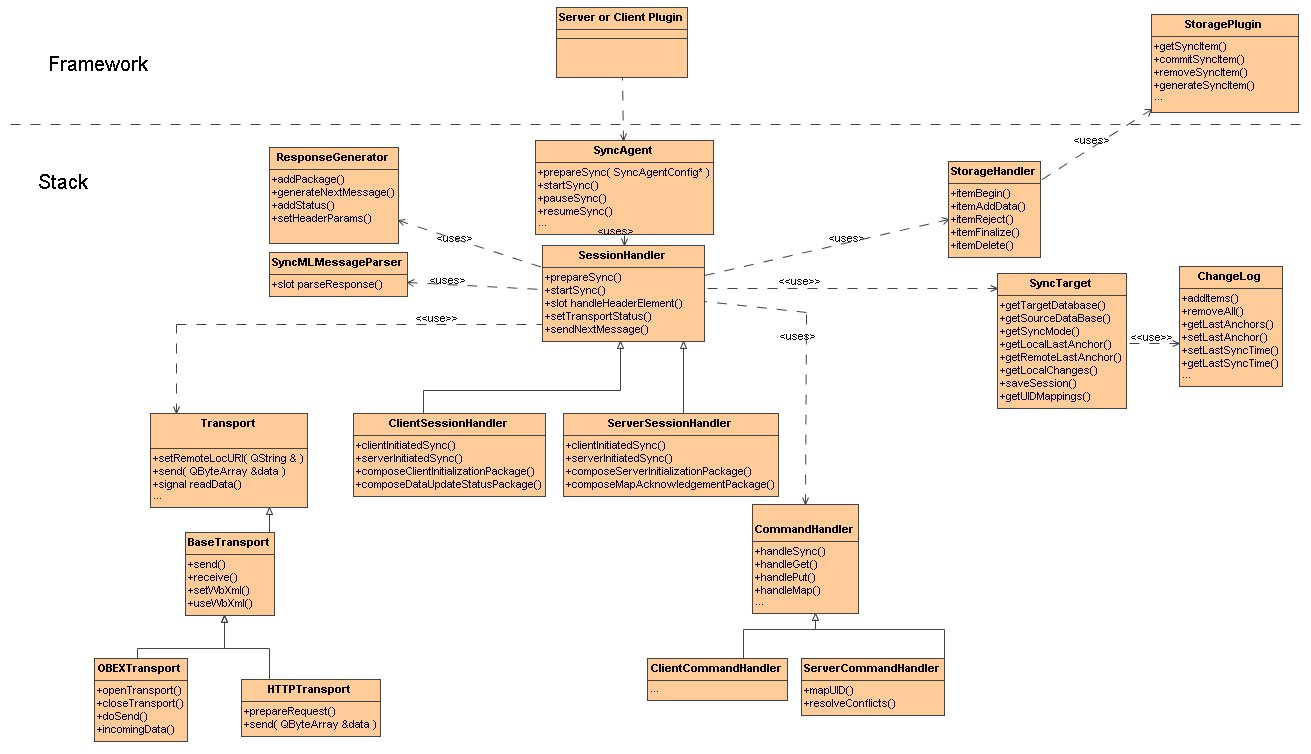Qt Slot Derived Class
- Qt Slot Derived Classes
- Qt No Such Slot In Derived Class
- Qt Slot Derived Classic
- Qt Slot Derived Class C
- Qt Slot Derived Class Example
This page describes the use of signals and slots in Qt for Python.The emphasis is on illustrating the use of so-called new-style signals and slots, although the traditional syntax is also given as a reference.
Without QWidget really having this method. This allows to easily make normal methods of Qt classes callable by forwarding them with such decorator slots or to make CPP classes (which are not derived from QObject) callable from Python.
The main goal of this new-style is to provide a more Pythonic syntax to Python programmers.
Qt Slot Derived Classes
QObject is the most basic class in Qt. Most of classes in Qt inherit from this class. QObject provides some very powerful capabilities like: object name: you can set a name, as a string, to an object and search for objects by names. Parenting system (described in the following section) signals and slots (described in the next chapter) event. Manage connections between VTK events and Qt slots. VtkEventQtSlotConnect provides a way to manage connections between VTK events and Qt slots. Qt slots to connect with must have one of the following signatures: MySlot MySlot(vtkObject. caller) MySlot(vtkObject. caller, unsigned long vtkevent).
- 2New syntax: Signal() and Slot()
Traditional syntax: SIGNAL () and SLOT()
QtCore.SIGNAL() and QtCore.SLOT() macros allow Python to interface with Qt signal and slot delivery mechanisms.This is the old way of using signals and slots.
The example below uses the well known clicked signal from a QPushButton.The connect method has a non python-friendly syntax.It is necessary to inform the object, its signal (via macro) and a slot to be connected to.
New syntax: Signal() and Slot()
The new-style uses a different syntax to create and to connect signals and slots.The previous example could be rewritten as:
Using QtCore.Signal()
Signals can be defined using the QtCore.Signal() class.Python types and C types can be passed as parameters to it.If you need to overload it just pass the types as tuples or lists.
In addition to that, it can receive also a named argument name that defines the signal name.If nothing is passed as name then the new signal will have the same name as the variable that it is being assigned to.
The Examples section below has a collection of examples on the use of QtCore.Signal().
Note: Signals should be defined only within classes inheriting from QObject.This way the signal information is added to the class QMetaObject structure.
Using QtCore.Slot()
Slots are assigned and overloaded using the decorator QtCore.Slot().Again, to define a signature just pass the types like the QtCore.Signal() class.Unlike the Signal() class, to overload a function, you don't pass every variation as tuple or list.Instead, you have to define a new decorator for every different signature.The examples section below will make it clearer.
Another difference is about its keywords.Slot() accepts a name and a result.The result keyword defines the type that will be returned and can be a C or Python type.name behaves the same way as in Signal().If nothing is passed as name then the new slot will have the same name as the function that is being decorated.
Examples
The examples below illustrate how to define and connect signals and slots in PySide2.Both basic connections and more complex examples are given.

- Hello World example: the basic example, showing how to connect a signal to a slot without any parameters.
- Next, some arguments are added. This is a modified Hello World version. Some arguments are added to the slot and a new signal is created.
- Add some overloads. A small modification of the previous example, now with overloaded decorators.
- An example with slot overloads and more complicated signal connections and emissions (note that when passing arguments to a signal you use '[]'):
- An example of an object method emitting a signal:
Qt No Such Slot In Derived Class

Qt Slot Derived Classic
- An example of a signal emitted from another QThread:
Qt Slot Derived Class C
- Signals are runtime objects owned by instances, they are not class attributes: